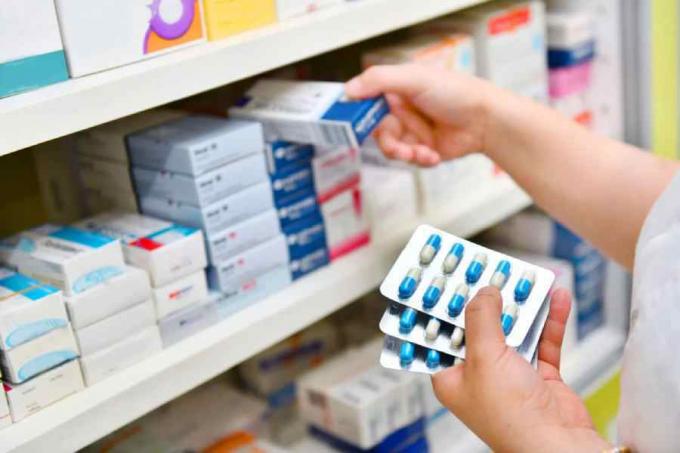After the whole world experienced the biggest pandemic in recent times and reaped the bitter fruits of illness, the concern that keeps everyone up at night is the return of the power of the virus that leads us to experience the same thing. Seeking to avoid this, researchers are working on a study at Columbia University that may give the exact results that humanity needs.
Is it possible to have a worldwide immunity?
see more
Secret of youth? Researchers reveal how to reverse…
The "powers" of porridge: check out the benefits of oats in…
In a recent study that aims to verify the possibility of herd immunity, a team of researchers explore T cell responses against the immunodominant proteins SARS-CoV-2.
The team in question evaluated that blood cell samples obtained from healthy volunteers and individuals immunocompromised subjects were exposed to SARS-CoV-2 to stimulate T cell responses against hCoVs such as NL63, OC43, HKU1 and 229E and SARS-CoV-2. Reactivity to associated immunodominant antigens was tested between related common alpha and beta-hCoVs in the same sample donor.
The researchers determined that the subjects' immunity comes from vaccination-induced or previously acquired T cells as they reacted to some variant of SARS-CoV-2. With this, it is possible to verify whether vaccination has been able to cope with the variants of Covid-19 and whether, in the near future, it will be possible to guarantee global immunity.
Test results
The team observed that virus-exposed donors largely maintained the overall SARS-CoV-2-specific CD4+ T cell response against the eight VOCs evaluated. Average reductions of nearly 27.8% against SARS-CoV-2 Beta, 16.2% against Gamma, and 22.5% against Epsilon VOCs were observed. Additionally, an 8.5% decrease was seen against Alpha, 5.2% against Delta and 0.83% against Kappa VOCs.
The greatest reduction of almost 47% was observed against the VOC Omicron.
The results of the study highlighted the wide Immunity of T cells against SARS-CoV-2 antigens observed in COVID-19 survivors. In vaccinated and other convalescent individuals, SARS-CoV-2-specific T cells effectively detected most SARS-CoV-2 variants.
The researchers believe that the study supported the hypothesis that vaccines with broadly specific anti-CoV T cells could provide effective immunotherapies. It's excellent news.


